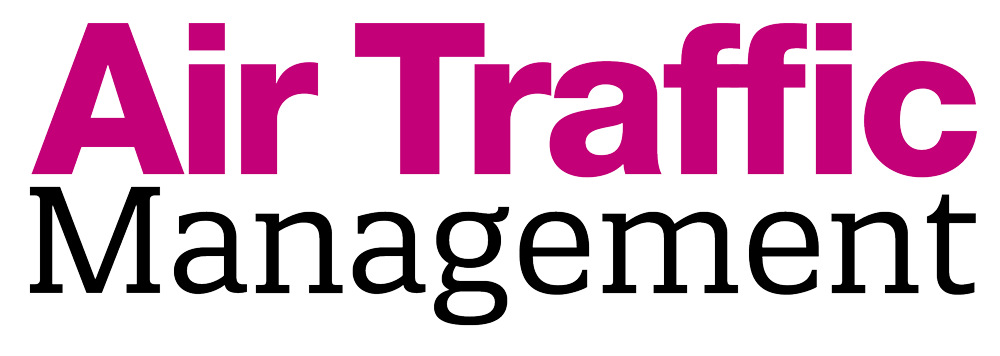Urgent blood samples are now being transported by electric drones in a medical delivery service which aims to improve patient care by speeding up testing turnaround times.
The service involves delivering blood samples for patients undergoing surgery who are at high risk of complications from bleeding disorders. Moving samples between Synnovis’ lab at Guy’s Hospital and the lab at St Thomas’ Hospital can take more than half an hour by road but takes less than two minutes by drone. This enables quicker analysis, helping to efficiently determine whether patients are safe to undergo surgery or be discharged.
Blood samples are currently delivered by van and motorbike couriers. Alongside the efficiency advantages, switching to drone deliveries will have significant environmental benefits by removing carbon emissions and reducing traffic congestion. Lightweight commercial drones can reduce CO2e emissions by up to 99% compared to non-electric cars and reduce transportation electricity needed compared to electric delivery vans.
The six-month operation is regulated by the Civil Aviation Authority, which has granted the airspace approval, and NATS, the air traffic management service, is ensuring the service operates safely alongside crewed aircraft. It has been organised as a partnership between Guy’s and St Thomas’; Apian, a healthcare logistics company founded by NHS doctors; and Wing, a global drone delivery company that is part of Google’s parent company, Alphabet.
This is a landmark first for the NHS in London. Apian and Wing have previously partnered on medical drone delivery in Dublin, Ireland, and Apian has trialled medical drone deliveries in rural areas of the UK. The six-month trial could serve as the foundation of a healthcare drone distribution network for the NHS across London.
Mike Kane MP, Minister for Aviation, Maritime and Security, said: “This is exactly the kind of transport innovation that could make a massive difference to society. Not only will these drone services make testing times faster and help to save lives, they will also reduce emissions and congestion, helping to clean up the air we breathe.”
Lawrence Tallon, Deputy Chief Executive of Guy’s and St Thomas’, said: “This drone trial to deliver blood samples should speed up test results for some of our most vulnerable patients, ensuring they have the very best care. It combines innovations in healthcare with sustainability to give us an NHS fit for the future.”
Alexander Trewby, CEO and Co-Founder of Apian, commented: "Cities like London face a unique challenge: built vertically but relying on 2D roads, they’re choked by polluting congestion. Apian’s ambition is to create an autonomous delivery network operating at NHS scale, moving physical items as productively as the internet moves information. Kudos to Guy’s and St Thomas’ and the Civil Aviation Authority for leading the way. If we can pioneer drone delivery here, we can do it anywhere!"
Courtney Johnk, Global Partnerships and Healthcare at Wing, said: “We’re pleased to be fully operational in central London, delivering patient blood samples by Wing drones on-demand on weekdays. The efficiencies gained for patient care by transporting multiple samples by air as needed, rather than through ground traffic, are already becoming clear. It’s exciting to see drone delivery is now integrated as a regular part of healthcare logistics at Guy's and St Thomas' NHS Foundation Trust.”
Professor Dominic Harrington, Chief Scientific Officer, Synnovis, said: "Tens of thousands of essential patient samples are analysed by pathology laboratories across London each week. Reducing the time it takes to transport these samples means results are available more quickly to inform best possible patient care. We’re excited to be working with Apian on this pioneering project and look forward to seeing where this can go next.”
Martin Rolfe, NATS CEO, said: “Enabling drones to safely fly in central London, within some of the world’s busiest and most complex airspace, is a major milestone and we are delighted to be supporting Apian and the project team in making it a reality. Working towards greater integration of drones into UK airspace will mean hugely beneficial services like this can become routine rather than the exception.”
